
 Instagram
Instagram
Wegovy vs Orlistat - What’s the difference?
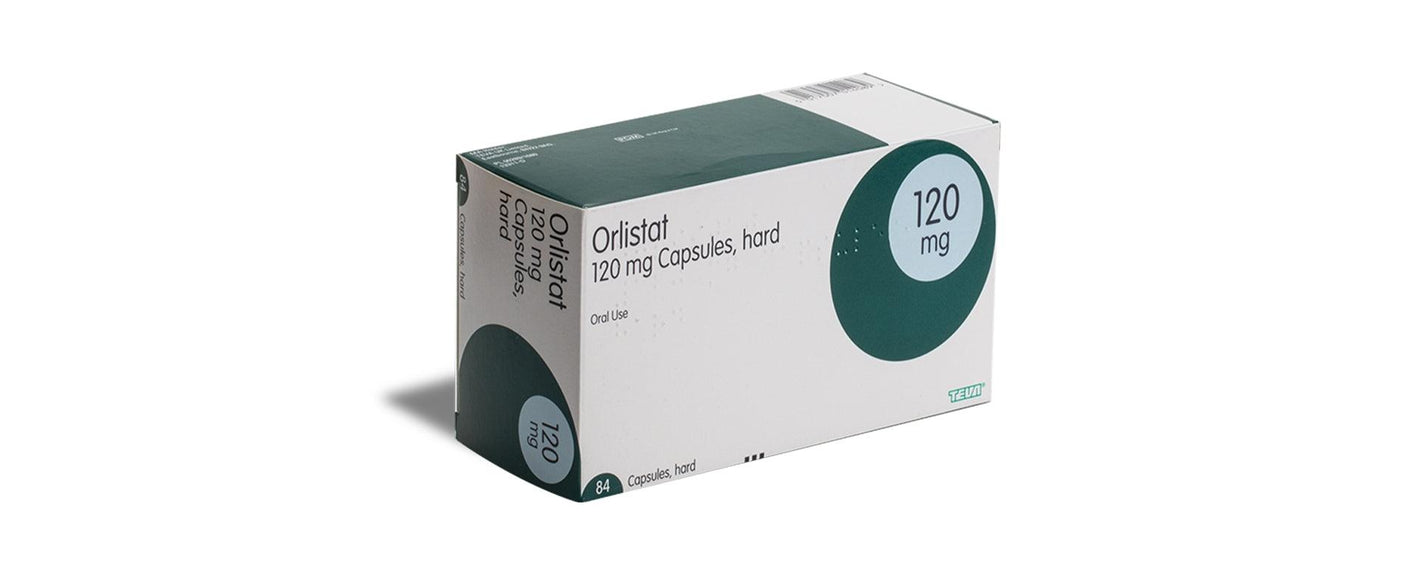
Related products
Brief overview of obesity and its global impact
Obesity is a significant global health concern that affects millions of people worldwide. The World Health Organisation (WHO) reports that the prevalence of obesity has nearly tripled since 1975, resulting in a range of health complications such as heart disease, diabetes, and certain cancers. The increased demand for effective weight loss interventions has led to the development of numerous medications, including Wegovy and Orlistat, which aim to assist in weight management.
Introduction to Wegovy and Orlistat
Wegovy and Orlistat are two medications that have been approved for the treatment of obesity. While both drugs are designed to aid in weight loss, they have distinct mechanisms of action, side effects, and precautions. This article aims to explore the similarities and differences between these two medications and provide a comprehensive understanding of their uses.
The Key Differences between Wegovy and Orlistat
| Feature | Wegovy | Orlistat |
|---|---|---|
| Type of medication | Injectable weight loss medication | Oral weight loss medication |
| Active ingredient | Semaglutide | Orlistat |
| Mechanism of action | Mimics the action of GLP-1 hormone, suppresses appetite, and slows down the movement of food in the gut | Blocks the absorption of fat in the body |
| Administration | Subcutaneous injection once a week | Oral capsules taken three times a day |
| FDA-approved indication | Weight loss and weight management in adults and children 12 years and older | Weight loss in adults and children 12 years and older |
| Common side effects | Not mentioned | Fatty or oily stool, urgent need to defecate, increased frequency of bowel movements |
| Overall user satisfaction | 7.5 out of 10 from 1401 ratings on Drugs.com, with 66% reporting positive effects | 7.3 out of 10 from 380 ratings on Drugs.com, with 64% reporting positive effects |
| Manufacturer | Novo Nordisk | Different manufacturers produce Orlistat under various brand names (e.g., Xenical, Alli) |
Purpose of the article
The purpose of this article is to compare and contrast Wegovy and Orlistat, examining their mechanisms of action, indications, side effects, and other essential factors. By gaining a deeper understanding of these two medications, individuals and healthcare professionals can make informed decisions about the most suitable treatment options for weight management.

Buy Wegovy and Orlistat online here.
II. Understanding Wegovy
A. Definition and background
Wegovy, also known as semaglutide, is a glucagon-like peptide-1 (GLP-1) receptor agonist that has been approved for the treatment of obesity in adults. Developed by Novo Nordisk, the medication has undergone extensive clinical trials and has demonstrated promising results in weight loss and obesity management. The U.S. Food and Drug Administration (FDA) granted its approval for Wegovy in 2021.
B. Mechanism of action
Wegovy's primary mechanism of action involves mimicking the effects of the hormone GLP-1, which is naturally produced by the human body. GLP-1 plays a crucial role in regulating appetite and promoting satiety, which can ultimately lead to weight loss.
When administered, Wegovy binds to the GLP-1 receptor, thereby enhancing the release of insulin, slowing gastric emptying, and reducing the secretion of glucagon. These actions result in a decrease in appetite and an increase in feelings of fullness, ultimately promoting weight loss.
C. Indications and usage
Wegovy is indicated for the treatment of obesity in adults with a body mass index (BMI) of 30 or higher, or those with a BMI of 27 or higher who have at least one weight-related comorbidity. It is essential to note that Wegovy is not a standalone treatment for obesity, but rather, it is intended to be used in combination with a reduced-calorie diet and regular physical activity.
Dr. Elizabeth James, a leading obesity specialist, states, "Wegovy is a valuable addition to the available treatment options for obesity management. However, it is crucial that patients understand the importance of combining medication with lifestyle modifications, such as a healthy diet and regular exercise, for optimal results."
While Wegovy has demonstrated significant weight loss results in clinical trials, it is important to consult with a healthcare professional to determine if it is the most suitable treatment option based on individual needs and medical history.
D. Side effects and precautions
Common side effects
As with any medication, Wegovy can cause side effects, although not everyone will experience them. Some of the most common side effects associated with Wegovy include nausea, vomiting, diarrhoea, constipation, and abdominal pain. These side effects are generally mild to moderate and tend to subside as the body adjusts to the medication.
Dr. Sarah Thompson, an endocrinologist, explains, "The side effects of Wegovy are generally manageable and often diminish over time. However, if side effects persist or worsen, it is essential to consult a healthcare professional for guidance."
Contraindications
Wegovy is contraindicated in patients with a history of hypersensitivity to semaglutide or any of its excipients. Additionally, it should not be used in individuals with a personal or family history of medullary thyroid carcinoma or those with Multiple Endocrine Neoplasia syndrome type 2. A full list of contraindications can be found in the European Medicines Agency (EMA) product information for Wegovy.
Drug interactions
While Wegovy has a low potential for drug interactions, it is important to inform your healthcare provider of any medications you are currently taking, including prescription, over-the-counter, and herbal products. In particular, patients should exercise caution when taking Wegovy alongside other medications that can slow gastric emptying or affect glucose metabolism, as this may increase the risk of gastrointestinal side effects and hypoglycaemia.
III. Understanding Orlistat
A. Definition and background
Orlistat is an oral weight loss medication that has been available for the treatment of obesity since the late 1990s. Developed by Roche Pharmaceuticals, it is marketed under the brand name Xenical and is also available as a generic medication. Orlistat has been approved by regulatory authorities such as the U.S. Food and Drug Administration (FDA) and the European Medicines Agency (EMA) for the treatment of obesity in conjunction with a low-fat diet and exercise.
B. Mechanism of action
Orlistat works by inhibiting the action of pancreatic lipase, an enzyme responsible for the breakdown and absorption of dietary fat. By preventing the absorption of approximately 30% of ingested fat, Orlistat helps reduce overall calorie intake, which can contribute to weight loss.
Dr. James Brown, a nutrition expert, states, "Orlistat is an effective option for individuals who struggle with dietary fat intake, as it can help reduce the number of calories absorbed from fat. However, it is crucial to combine Orlistat with a low-fat diet and regular physical activity for optimal results."
C. Indications and usage
Orlistat is indicated for the treatment of obesity in adults with a body mass index (BMI) of 30 or higher, or those with a BMI of 27 or higher who have at least one weight-related comorbidity. Similar to Wegovy, Orlistat should be used in combination with a low-fat diet and regular exercise to achieve the best weight loss results.
D. Side effects and precautions
Common side effects
Orlistat is generally well-tolerated, but it can cause side effects in some individuals. Common side effects of Orlistat include oily spotting, flatulence with discharge, urgent bowel movements, fatty or oily stools, and increased frequency of bowel movements. These side effects are often related to the medication's mechanism of action and can be minimised by adhering to a low-fat diet.
Dr. Emily Lewis, a gastroenterologist, explains, "The side effects of Orlistat can be uncomfortable, but they are usually manageable with dietary adjustments. Patients should aim to consume a balanced, low-fat diet while taking Orlistat to reduce the likelihood of gastrointestinal side effects."
Contraindications
Orlistat is contraindicated in individuals with a known hypersensitivity to the drug or any of its components, as well as those with chronic malabsorption syndrome or cholestasis. A complete list of contraindications can be found in the European Medicines Agency (EMA) product information for Orlistat.
Drug interactions
Orlistat has the potential to interact with certain medications, as it can affect the absorption of fat-soluble vitamins (A, D, E, and K) and some other drugs. Patients taking Orlistat should inform their healthcare provider of all medications they are currently taking to ensure there are no potential interactions. It is particularly important to discuss any medications for diabetes, thyroid disorders, or anticoagulants, as dose adjustments may be necessary when taking Orlistat.
IV. Comparing Wegovy and Orlistat
A. Similarities
Both Wegovy and Orlistat are indicated for the treatment of obesity and share some commonalities in their usage. They are both recommended for use in combination with lifestyle modifications, such as a healthy diet and regular physical activity, to achieve the best possible weight loss results.
Dr. Karen Johnson, a weight loss specialist, states, "Wegovy and Orlistat, while different in their mechanisms of action, are both effective tools in the management of obesity. The key to success with either medication is to combine it with a comprehensive lifestyle approach, including a balanced diet and regular exercise."
B. Differences
Mechanism of action
Wegovy and Orlistat differ significantly in their mechanisms of action. Wegovy is a GLP-1 receptor agonist that works by mimicking the action of the natural hormone GLP-1, reducing appetite and promoting weight loss. In contrast, Orlistat is a lipase inhibitor that works by blocking the absorption of dietary fat, reducing overall calorie intake and promoting weight loss.
Side effects and precautions
The side effects associated with Wegovy and Orlistat differ due to their distinct mechanisms of action. Wegovy's most common side effects include nausea, vomiting, diarrhoea, constipation, and abdominal pain, while Orlistat is more commonly associated with gastrointestinal side effects such as oily spotting, flatulence with discharge, urgent bowel movements, and fatty or oily stools.
Contraindications and drug interactions also vary between the two medications. Patients should consult their healthcare provider to discuss their medical history and any potential contraindications or drug interactions before starting either Wegovy or Orlistat.
Administration methods
Another key difference between Wegovy and Orlistat is the method of administration. Wegovy is an injectable medication, typically administered once weekly, while Orlistat is an oral medication taken three times daily with meals containing fat.
V. Key Takeaways
Wegovy and Orlistat are both effective medications for the treatment of obesity, but they differ in several important aspects, including their mechanisms of action, side effects, contraindications, drug interactions, and administration methods. It is crucial for individuals considering either medication to consult with their healthcare provider to determine the most appropriate treatment option for their specific needs and circumstances.
VI. Conclusion
Wegovy and Orlistat are two distinct medications designed to address the growing issue of obesity. While they both have proven efficacy in promoting weight loss, they differ in their mechanisms of action, administration methods, and side effects. The question of whether there is anything better than Orlistat or if Wegovy is the best weight loss medication ultimately depends on the individual patient's needs, preferences, and medical history.
As each person's situation is unique, it is essential to consult a healthcare professional to determine the most suitable treatment option. By carefully considering the advantages and disadvantages of each medication and combining them with a comprehensive lifestyle approach, patients can increase their chances of achieving and maintaining a healthy weight.
In conclusion, both Wegovy and Orlistat are valuable tools in the fight against obesity. Their differences in action, administration, and side effects highlight the importance of individualised treatment plans and close collaboration between patients and healthcare providers to find the most effective solution for each person.
Related topics and further reading:
- Buy Wegovy Online
- Wegovy Comprehensive Guide
- What is Wegovy?
- Is Wegovy the Same as Semaglutide?
- Wegovy vs Orlistat - What’s the difference?
- Can you get Wegovy on the NHS?
- Wegovy Before and After Photos
- Wegovy vs. Saxenda
- When will Wegovy be Available in the UK?
- Wegovy vs Ozempic: Whats the difference?
- Where to buy WeGovy in the UK?
- 7 Side Effects of Wegovy









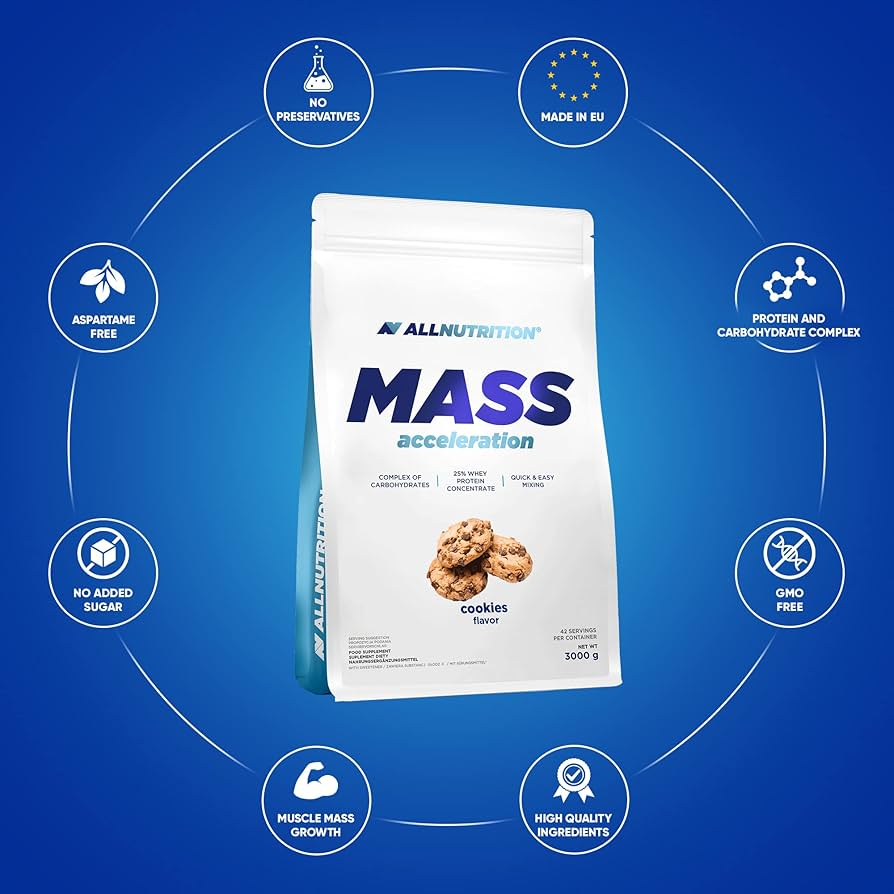


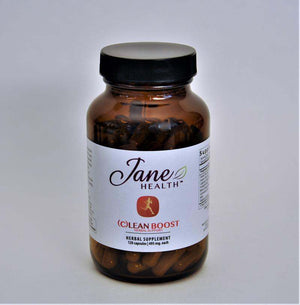
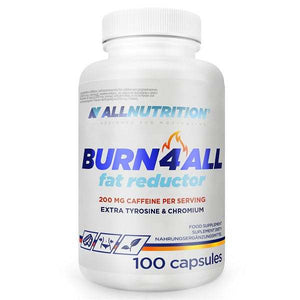




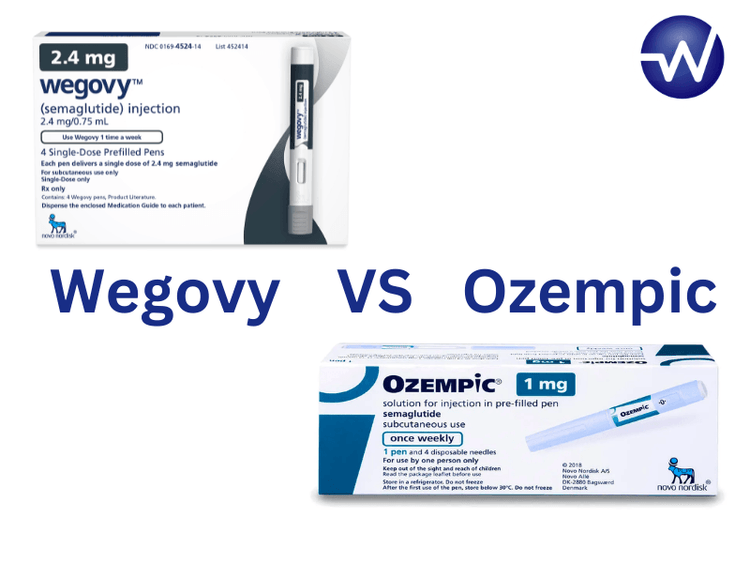


 Rated Excellent by 26,523+ Reviews
Rated Excellent by 26,523+ Reviews